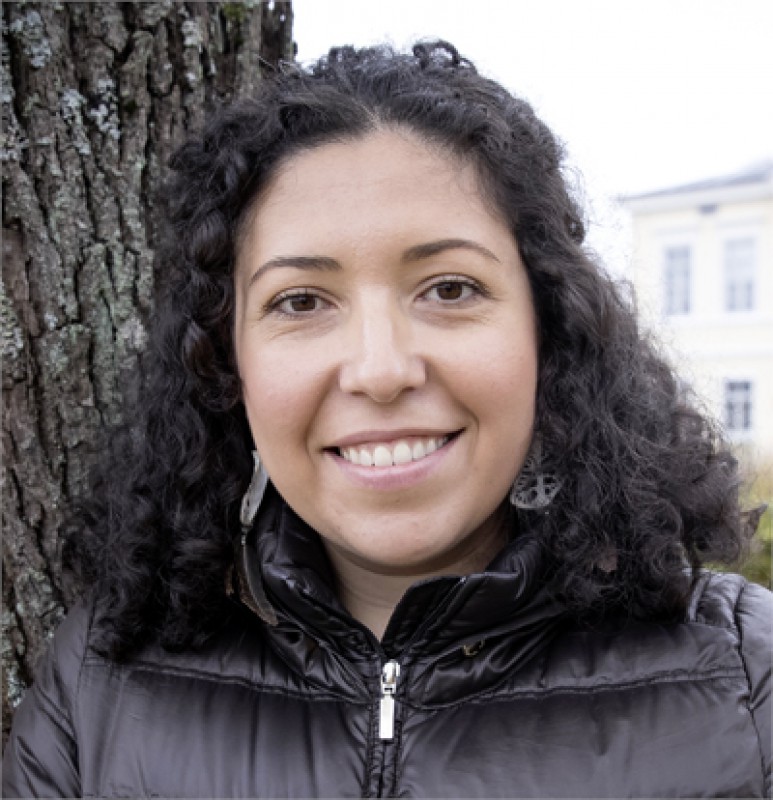KLI Colloquia are invited research talks of about an hour followed by 30 min discussion. The talks are held in English, open to the public, and offered in hybrid format.
Join via Zoom:
https://us02web.zoom.us/j/5881861923?omn=85945744831
Meeting ID: 588 186 1923
Spring-Summer 2026 KLI Colloquium Series
12 March 2026 (Thurs) 3-4:30 PM CET
What Is Biological Modality, and What Has It Got to Do With Psychology?
Carrie Figdor (University of Iowa)
26 March 2026 (Thurs) 3-4:30 PM CET
The Science of an Evolutionary Transition in Humans
Tim Waring (University of Maine)
9 April 2026 (Thurs) 3-4:30 PM CET
Hierarchies and Power in Primatology and Their Populist Appropriation
Rebekka Hufendiek (Ulm University)
16 April 2026 (Thurs) 3-4:30 PM CET
A Metaphysics for Dialectical Biology
Denis Walsh (University of Toronto)
30 April 2026 (Thurs) 3-4:30 PM CET
What's in a Trait? Reconceptualizing Neurodevelopmental Timing by Seizing Insights From Philosophy
Isabella Sarto-Jackson (KLI)
7 May 2026 (Thurs) 3-4:30 PM CET
The Evolutionary Trajectory of Human Hippocampal-Cortical Interactions
Daniel Reznik (Max Planck Society)
21 May 2026 (Thurs) 3-4:30 PM CET
Why Directionality Emerged in Multicellular Differentiation
Somya Mani (KLI)
28 May 2026 (Thurs) 3-4:30 PM CET
The Interplay of Tissue Mechanics and Gene Regulatory Networks in the Evolution of Morphogenesis
James DiFrisco (Francis Crick Institute)
11 June 2026 (Thurs) 3-4:30 PM CET
Brave Genomes: Genome Plasticity in the Face of Environmental Challenge
Silvia Bulgheresi (University of Vienna)
25 June 2026 (Thurs) 3-4:30 PM CET
Anne LeMaitre (KLI)
KLI Colloquia 2014 – 2026
Event Details

Topic description:
Several subdisciplines of biology try to understand the diversification of phenotypes through time, often leaving a disconnect between the different timescales. I will discuss, from an evolutionary developmental biology point of view, the patterning of two vertebrate organs of skin that share a surprising amount of similarity developmentally despite being so morphologically disparate: the scutes of the turtle shell and the mammalian dentition. I will consider their development, variations, and evolutionary history while asking what emergent properties are relevant for our understanding of the natural world.
Biographical note:
Evolutionary biology and philosophy were both formally introduced to Jacqueline Moustakas-Verho as an undergraduate at Boston University, and this changed the direction of her life. She studied the role of the environment in the evolution of eusociality with James F. A. Traniello, as well as avian molecular systematics and brood parasitism with Michael D. Sorenson and Frederick E. Wasserman, respectively. Jacqueline’s interests in evolutionary morphology led her to a PhD program in the Department of Integrative Biology at the University of California, Berkeley with Kevin Padian. She studied the evolution and development of the vertebrate skeleton with a special focus on the origin of the turtle shell. Intervention by Bill Clemens peaked Jacqueline’s interest in the vertebrate dentition, and she pursued postdoctoral studies with Leslea Hlusko at UC Berkeley and Jukka Jernvall at the University of Helsinki. Upon arriving at the University of Helsinki, she developed a project on turtles with Scott Gilbert that integrated the expertise of Jukka Jernvall and Isaac Salazar-Ciudad. Jacqueline has since expanded her toolkit by working on model organisms and with numerous technologies, while developing a research program that combines morphologically disparate systems that are united by evolutionary developmental biology.


